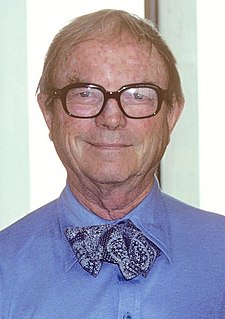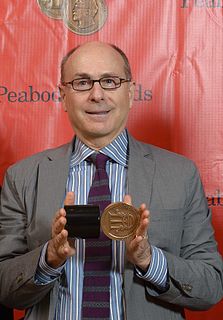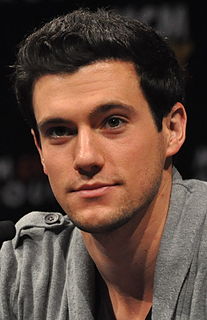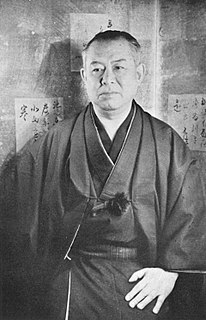A Quote by Evangeline Lilly
You can't have a movie with a group of people that are significant players in the story, that push forward the plot, without introducing at least one or two of them.
Quote Topics
Related Quotes
One of the things I learned as a young semiotics nerd was that if you have plot moving forward, no matter how banal the facts of it, simply the fact that the plot is rolling forward makes you wonder what's going to happen next, which creates suspense. So you can control peoples' attention simply by having things move forward in a story.
To lead a group of players is to lead a group of people with different ways of thinking. You have to be prepared for that and know more than just about football. You have to speak a lot to the players, have to make them feel what you expect of them. Have to convince them. Therefore, it's very important for a coach to have a life outside football.
I always write a draft version of the novel in which I try to develop, not the story, not the plot, but the possibilities of the plot. I write without thinking much, trying to overcome all kinds of self-criticism, without stopping, without giving any consideration to the style or structure of the novel, only putting down on paper everything that can be used as raw material, very crude material for later development in the story.
In my opinion, visual effects are great when it compliments a good story, and action is great when it compliments a good story, but just to have them for the sake of having them, it gets a little boring, especially if you're talking a TV series. At least with a movie that's an hour and a half to two hours, you see it and you're impressed, and then you're out. With a series, if it's only that, week after week after week, there's nothing there to bring you back. You have to get invested in the characters and care about them and want to follow them.
I would call back at least for literature this world of shadows we are losing. In the mansion called literature I would have the eaves deep and the walls dark, I would push back into the shadows the things that come forward too clearly, I would strip away the useless decoration. I do not ask that this be done everywhere, but perhaps we may be allowed at least one mansion where we can turn off the electric lights and see what it is like without them.
That story about the two women in my life is - a lot of people get upset, a lot of people question it. Steven Soderbergh said to me, "The story of your life is incredible. The real story of your life that's interesting, more interesting than all the other stuff - the franchises, the movies, the songs, Elvis Presley, Frank Sinatra - the real thing that's interesting and unbelievable is the relationship with these two women. And if you're willing to put that out there, you know then, you're going to have a great movie. Because that's the movie."




































